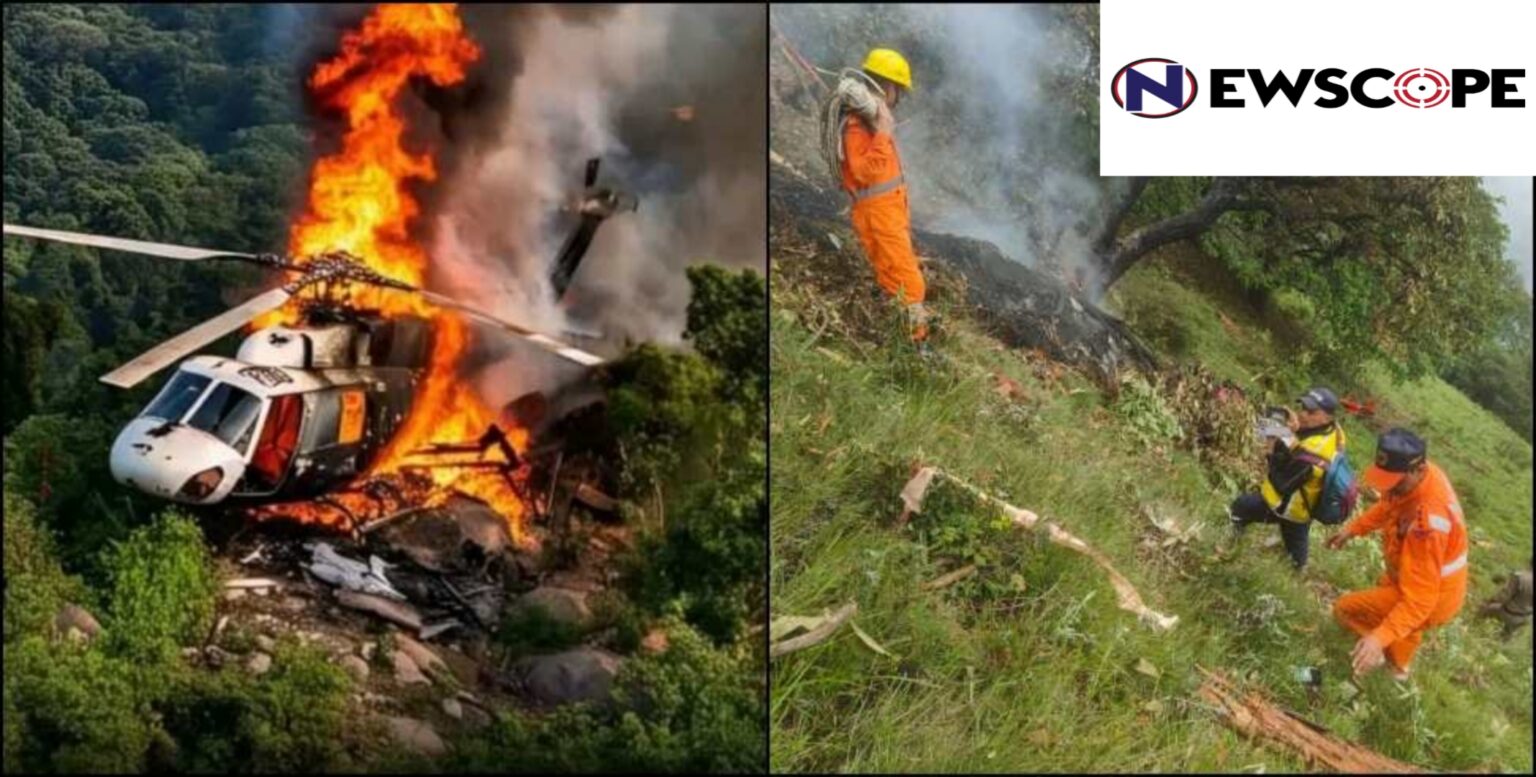A Bell 407 helicopter of Aryan Aviation Pvt Ltd crashed near Gaurikund, Uttarakhand, killing all seven onboard. Among the passengers onboard were a Maharashtra couple with their 2 year old daughter and a veteran pilot captain. The chopper was heading to Guptkashi from uttarakhand but fell victim to poor visibility and adverse weather conditions. It crashing into a nearby forested area. This incident comes in light of the Air India flight crash, India’s worst recorded aviation accident in 3 decades, is the 5th of it’s kind. Aviation accidents have been a recurring phenomena in the char dham yatra since it began on 30th April.
The Himalayan terrain hosts unpredictable weather and it’s high altitude brings with it challenges. These demand rigorous safety protocols. Yet, the frequency of incidents, five in six weeks, are indicative of lapses in oversight. Earlier this months, a helicopter was made to orchestrate an emergency landing on a highway due to technical issues, narrowly avoiding casualties. In May, six perished in a crash near Gangotri. These recurring accidents have a pattern— inadequate weather monitoring, potential overloading, and reliance on single engine helicopters not suitable for demanding areas. About 25 to 30 helicopter trips are run in a day.
In light of the accident, the lack of usage of real time weather data integration emerged. The DGCA (Directorate General of Civil Aviation) sets Standard Operating Procedures or SOPs, but operators rely on outdated forecasts. Advanced weather radar systems, widely used in other active aviation zones, are not in use here. There is also an additional pressure to accommodate the surging pilgrim demand. This has led to flights with rushed or bypassed safety checks. The suspension of Aryan Aviation’s operations and a two day halt of Char Dham helicopter services are a reactive action rather than a long sighted approach to lessen aviation accidents.
The human toll is devastating. The Jaiswal family’s loss, survived only by their son who stayed back, is heartbreaking. Chief Minister Pushkar Singh Dhami has ordered for probes and stricter SOPs, but prevention requires investment in technology, pilot training, and stricter capacity regulations.



